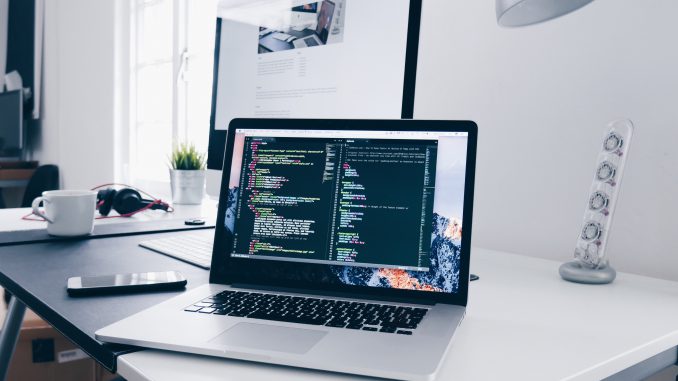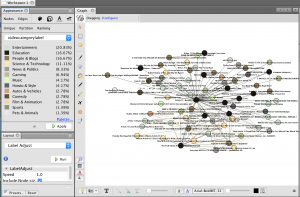

Digital Culture might sound novel to you, but we are actually immersed in it. The Digital Media & Culture BA at King’s is an interdisciplinary degree looking at how digital technologies play a role in sectors such as the social, political, and economics. Our society and daily lives are mediated by digital culture—from the way we window shop on Amazon to the way government surveillance infrastructure has changed. I once went to an exhibition at The Barbican Centre about AI in and one at Tate Modern about the role of technology in the media and arts—all of a sudden, I realized I could see aspects of my course reflected in the real world!
This degree offers a wide range of modules that cater to the various developments in digital culture. We are provided with the theoretical foundation needed to understand the big changes in digital culture by looking at philosophical and contemporary theories through modules such as Theories of New Media, Digital Foundation and History of Networked Technologies. These theories are applicable to the other topics covered such as Artificial Intelligence, Digital Economy and Management, Digital Politics and Campaigning, Social Media, Digital Gaming, Digital Journalism and Publishing, and many more.
This degree also understands the urgency of practical skills. We can choose to learn how to code Python in our Introduction to Programming module or how to analyze and visualize data using software like Gephi by taking modules on digital research methods. With a mixture of lectures and seminars, we are given the chance to discuss the theoretical approaches and learn the practical approaches in depth.

On top of that, some professors might choose to do a project-based assessment or simply formative projects in the seminars that hone our practical skills. For example, we once had to create an elevator pitch on an original AI-based app and have a friendly competition. If you’re more adventurous than some, you can opt into the Internship module to venture out into the real world or go on a study abroad in countries like Singapore or the US to see how different cultures are functioning in the digital culture!
The more I learn in this degree, the more I understand its relevance in today’s world and employment climate. The world is going through a digital shift and having a deep understanding in how digital technologies change the world is becoming increasingly important. By having the theoretical understanding, practical skills, and analytical skills from this degree, you would be able to deduct insights into the digital transformations today and use that knowledge in what you want to do. For example, using your knowledge in how targeted ads work and how people react to them in creating a successful digital marketing campaign.
What I love about this course is the flexibility it gave me to curate my classes based on my interests. I’m thinking of continuing my studies in the Department of Digital Humanities and would be interested in going into the entertainment industry or media management; I chose modules that would be helpful for my future, like Management in the Digital Domain, Digital Advertising and Marketing, and Digital Popular Culture. I really enjoyed learning about digital economy and management as it provided me with fresh perspective in how the exchange and valuation of products and services have changed. Furthermore, I’m taking what I learned in my Digital Economy class and applying it to my dissertation that I’m currently writing on how digital platforms are changing the music industry. Overall, I love seeing how much I can apply what I’ve learned into what I’ve always loved, and this course has truly helped me with that.
Read more:
If you enjoyed Raissa’s post, check out Dana and Kelly’s post about “What you can do with a degree in Digital Media & Culture”.
You can also explore the undergraduate and postgraduate courses offered by the Department of Digital Humanities here.

Leave a Reply